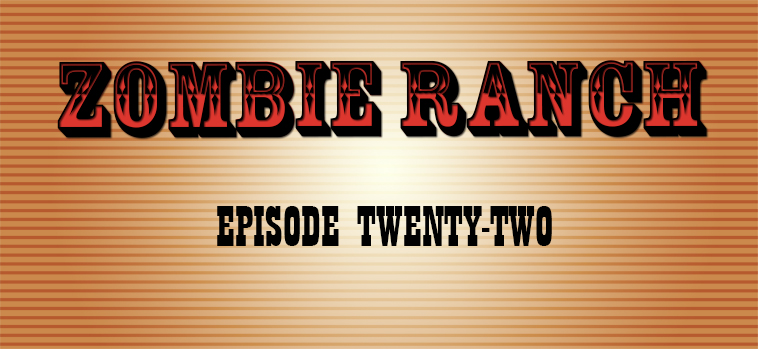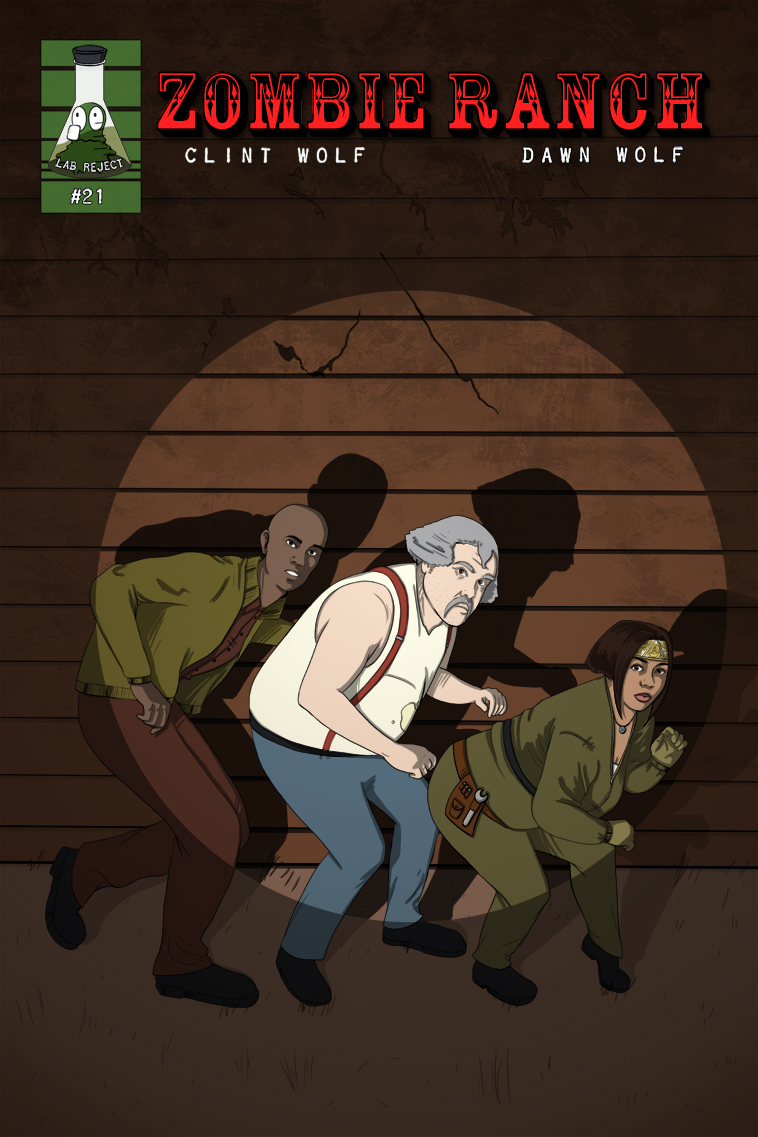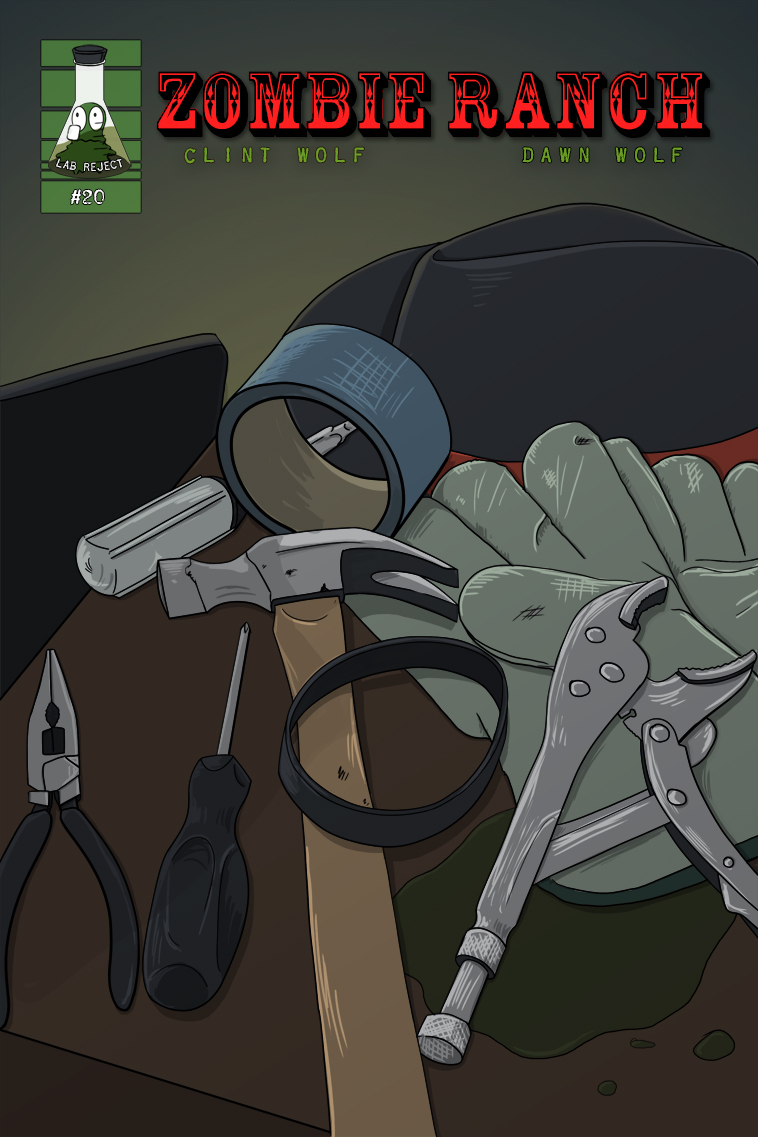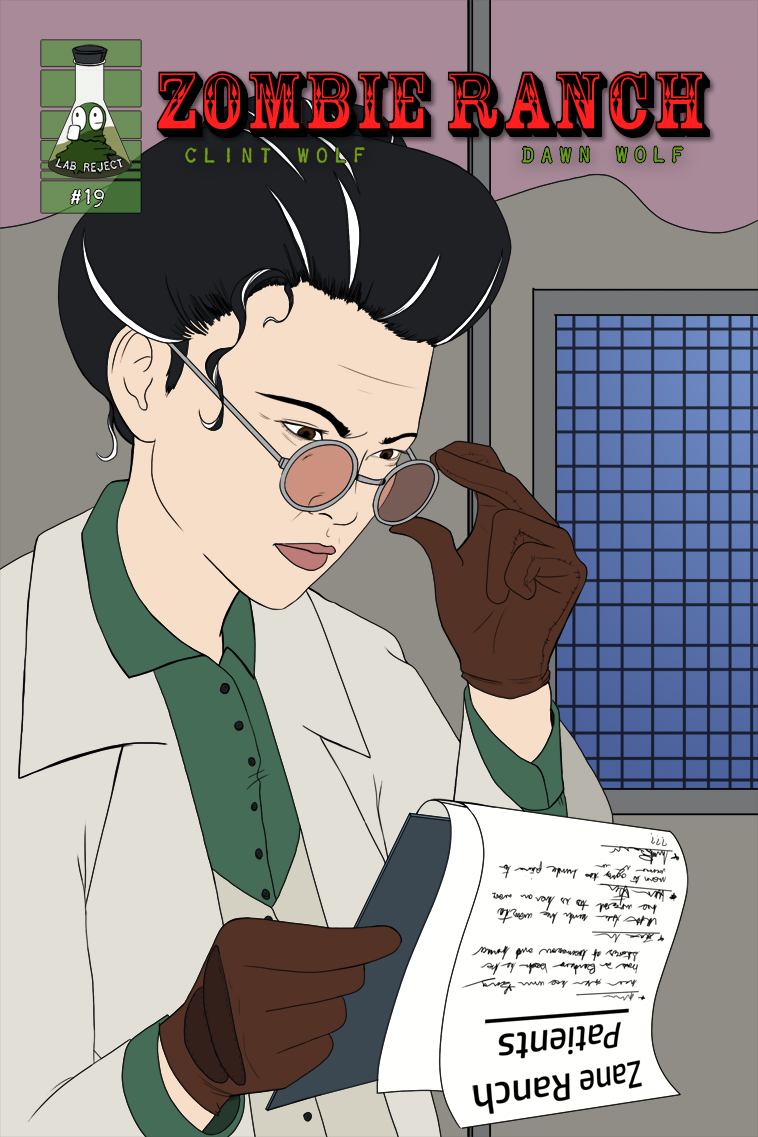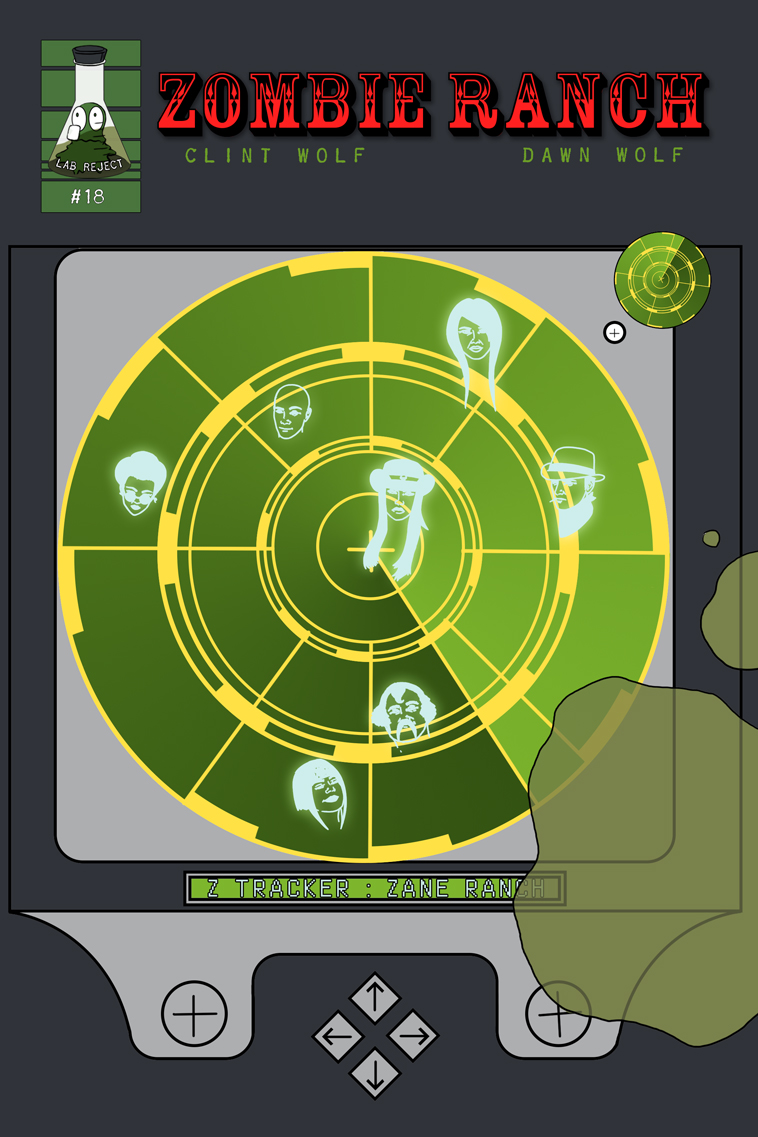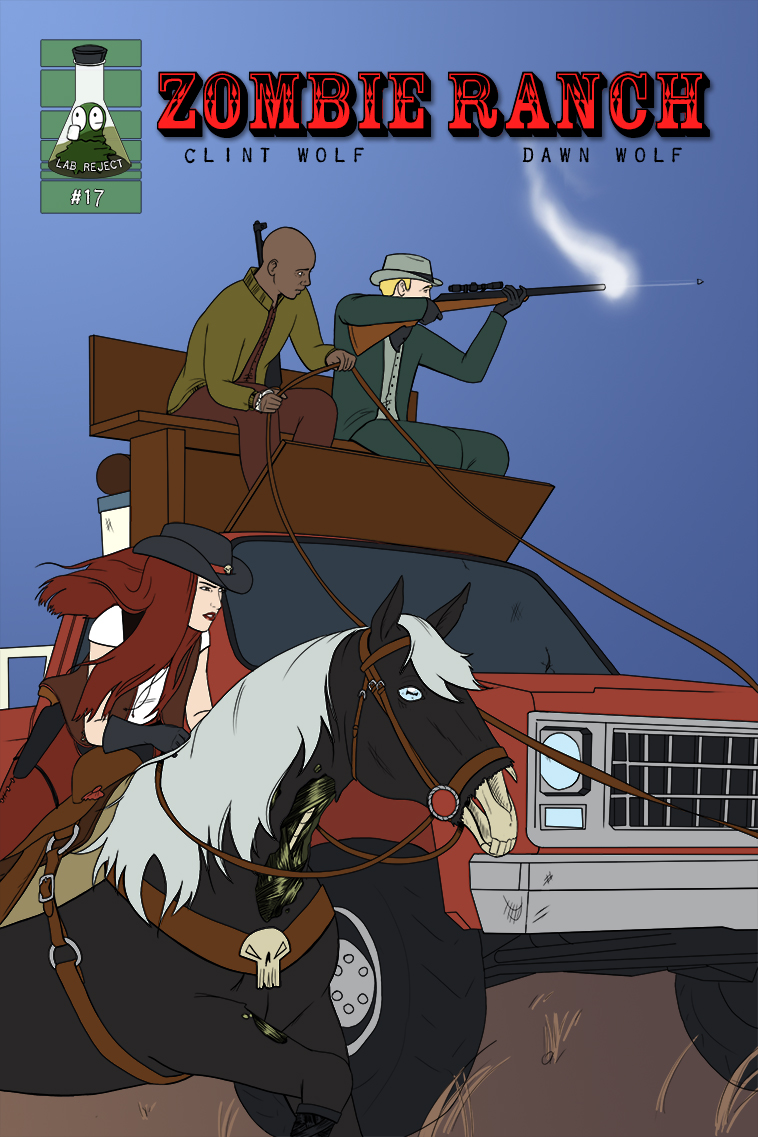Chuck sez: "Never let a covert operation get in the way of a bad pun."
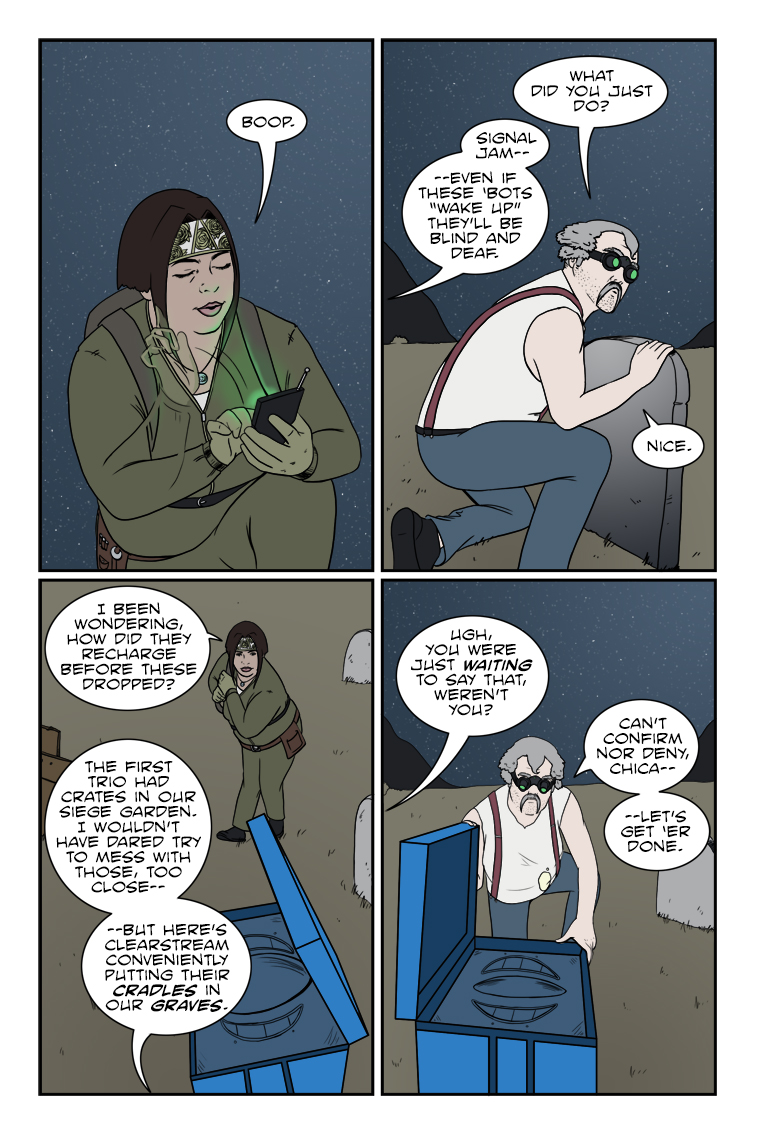
Latest Comics
-

#25. EPISODE TWO
49 Apr 06, 2010
-
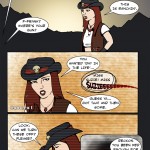
#24. 23 – Day In The Death (END OF EPISODE 1)
48 Mar 17, 2010
-
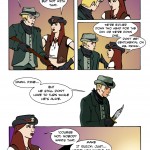
#23. 22 – Simple Math
46 Mar 10, 2010
-
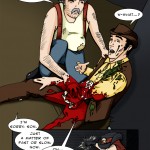
#22. 21 – In The Blood
48 Mar 03, 2010
-
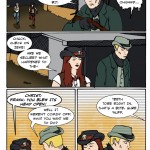
#21. 20 – Man Down
44 Feb 24, 2010
-
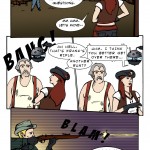
#20. 19 – Shots Fired
49 Feb 17, 2010
-
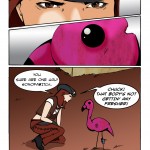
#19. 18 – Ugly Little Bugger
52 Feb 10, 2010
-
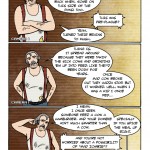
#18. 17 – Reduce, Reuse, Recycle
49 Feb 03, 2010
-
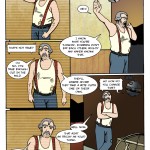
#17. 16 – A La Cart
48 Jan 27, 2010
-
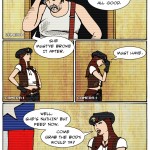
#16. 15 – All Good
46 Jan 20, 2010
-
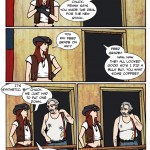
#15. 14 – Busted
46 Jan 13, 2010
-
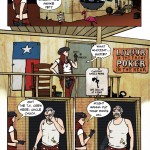
#14. 13 – First Impressions
44 Jan 06, 2010
-
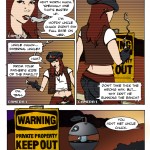
#13. 12 – Warning Signs
49 Dec 23, 2009
-

#12. 11 – Nuthin’ But Meat
52 Dec 09, 2009
-
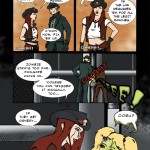
#11. 10 – Ornery Critters
47 Dec 02, 2009
-
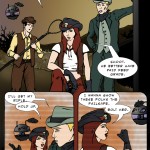
#10. 09 – Runt Of The Litter
42 Nov 25, 2009
-
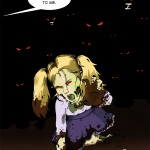
#9. 08 – What A Drag
50 Nov 18, 2009
-
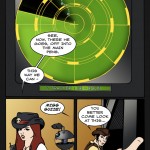
#8. 07 – Off He Goes
48 Nov 11, 2009
-
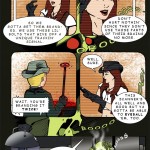
#7. 06 – Don’t Hurt Them Much
45 Nov 04, 2009
-
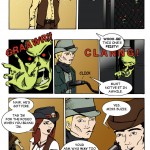
#6. 05 – He’s Got Fire
53 Oct 28, 2009








